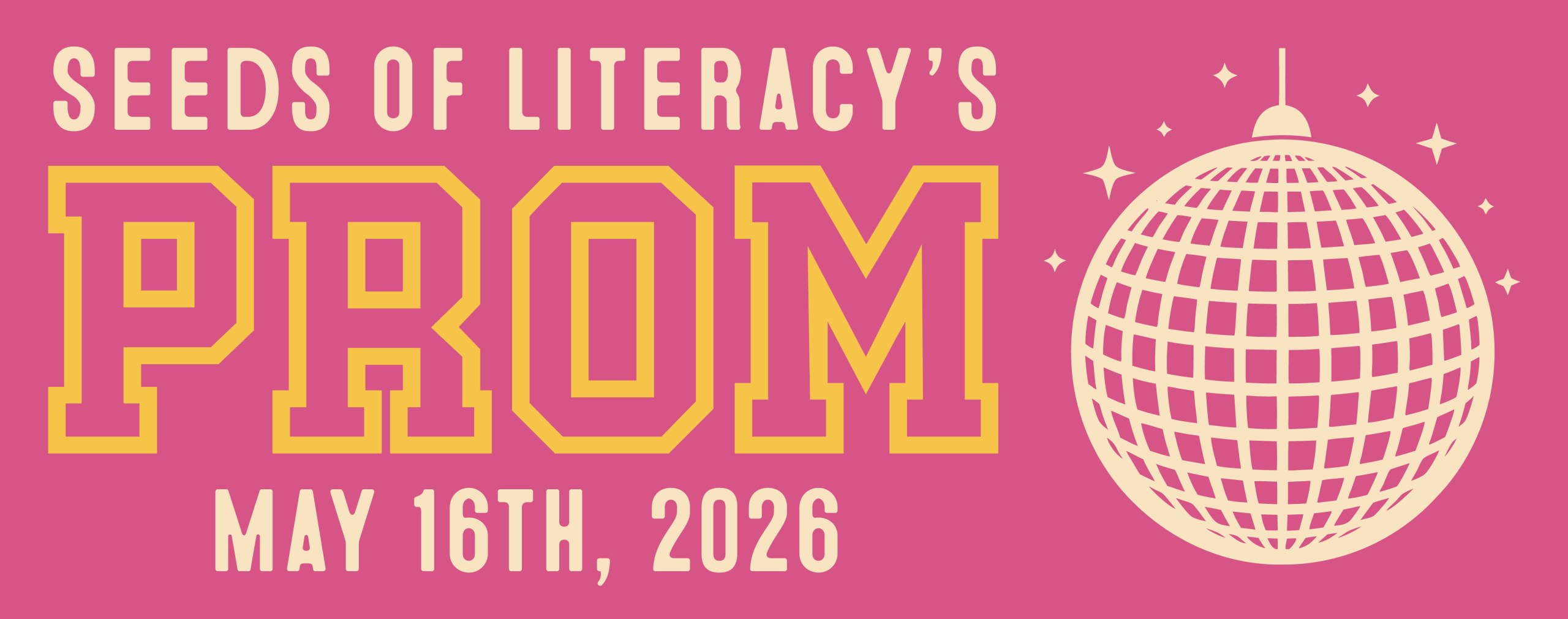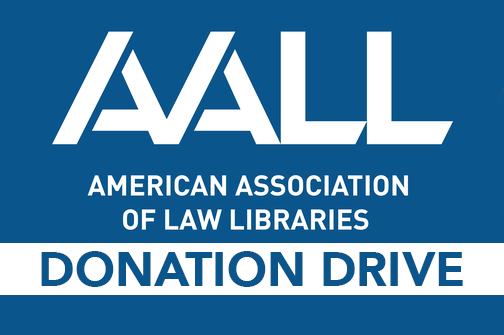Literacy, a Prescription for Good Health
For Health Literacy Month, Seeds of Literacy asked guest author MaryAnn Nicolay to shine a light on this often overlooked form of literacy.
MaryAnn Nicolay, MEd, NDTR is a health educator with years of experience in diabetes and chronic disease management. This led to an interest in health literacy as an integral component of helping people self-manage their health. She has volunteered with Seeds of Literacy’s Program Planning & Impact Committee since 2014.
What is health Literacy?
According to The Patient Protection and Affordable Care Act of 2010, health literacy is defined as, “the degree to which an individual has the capacity to obtain, communicate, process and understand basic health information and services to make appropriate health decisions.”
Obtaining, communicating, processing or understanding health information is a two-way street and does not rest solely on the shoulders of the person receiving the health information. It also means the person or institution providing the information do so in a way that enables people to understand and use that information. “Information” can be anything from a surgical consent form, an appointment slip, a handout on how to prepare for a procedure, nutrition information about a diet or meal plan, or finding your way through the facility to get to an office appointment.
How do literacy levels impact health?
Health literacy is not just about being able to read; it also includes verbal language and numeracy skills. Without all of these skills, the person receiving health information does not always have the capacity to fully understand what is presented to them.
According to the National Assessment of Adult Literacy, 43% of adults living in the U.S. have literacy skills at or below the basic level. This means these adults will have a difficult time understanding a prescription label or a consent form, using a sliding scale for insulin doses, reading a food label to make healthy meal choices or looking at hospital signs and find their way to an office or department. Also, the impact of low literacy on healthcare affects more than just the individual. Low literacy leads to higher costs throughout healthcare industry.
In an upcoming post, we will explore health literacy further as well as look at evidence based techniques for promoting better understanding for doctors and hospitals when working with patients and clients.


